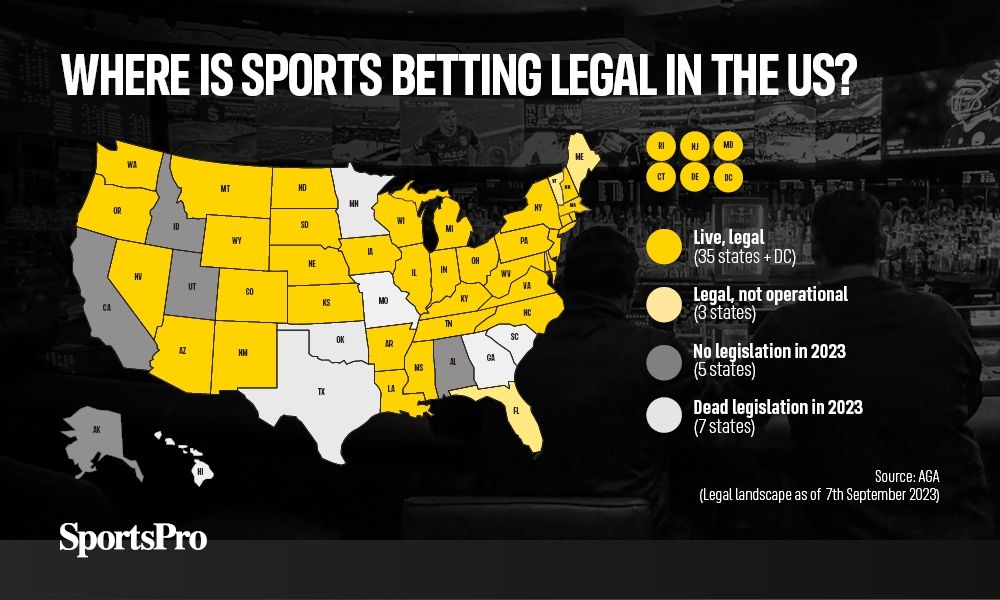
In recent years, sports betting has seen a surge in popularity in the United States. With the repeal of PASPA (Professional and Amateur Sports Protection Act) in 2018, states have been given the green light to legalize and regulate sports betting within their borders.
State Regulations
Since the repeal of PASPA, many states have moved quickly to legalize sports betting. Currently, over 20 states have legalized sports betting, with more states likely to follow suit in the coming years. Each state has its own set of regulations and requirements for operators looking to offer sports betting services.
Key Players
Several key players have emerged in the rapidly growing sports betting market in the U.S. Major sportsbooks such as DraftKings, FanDuel, and BetMGM have become household names, offering a wide range of betting options for sports fans across the country.
Legal Issues
Despite the legalization of sports betting in many states, there are still legal challenges that operators and bettors may face. These can include issues related to licensing, taxation, and compliance with state and federal regulations. It’s crucial for both operators and bettors to stay informed about the legal landscape of sports betting to ensure compliance and avoid potential legal pitfalls.
Responsible Gaming
As sports betting continues to grow in popularity, it’s important for operators to promote responsible gaming practices. This includes offering resources for problem gamblers, implementing age verification measures, and ensuring that betting is done in a safe and fair manner. By prioritizing responsible gaming, operators can help mitigate the negative impacts of problem gambling and create a safer and more enjoyable betting experience for all players.
Future Trends
The future of sports betting in the U.S. looks bright, with continued growth and innovation on the horizon. As more states legalize sports betting and new technologies emerge, the industry is poised for further expansion and diversification. From live betting to mobile wagering, the landscape of sports betting is constantly evolving, providing exciting opportunities for operators and bettors alike.
Conclusion
With the legalization of sports betting in the U.S., the industry is experiencing a period of rapid growth and change. By staying up to date on the legal landscape of sports betting, both operators and bettors can navigate this complex and dynamic industry with confidence. As the industry continues to evolve, it’s important to prioritize responsible gaming practices and compliance with regulations to ensure a safe and enjoyable betting experience for all.